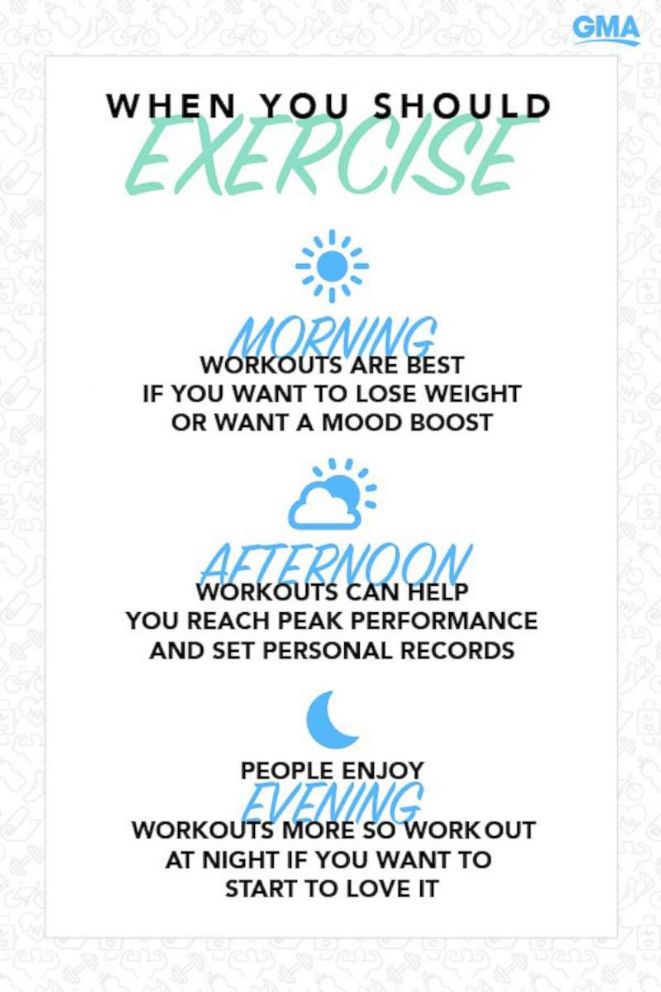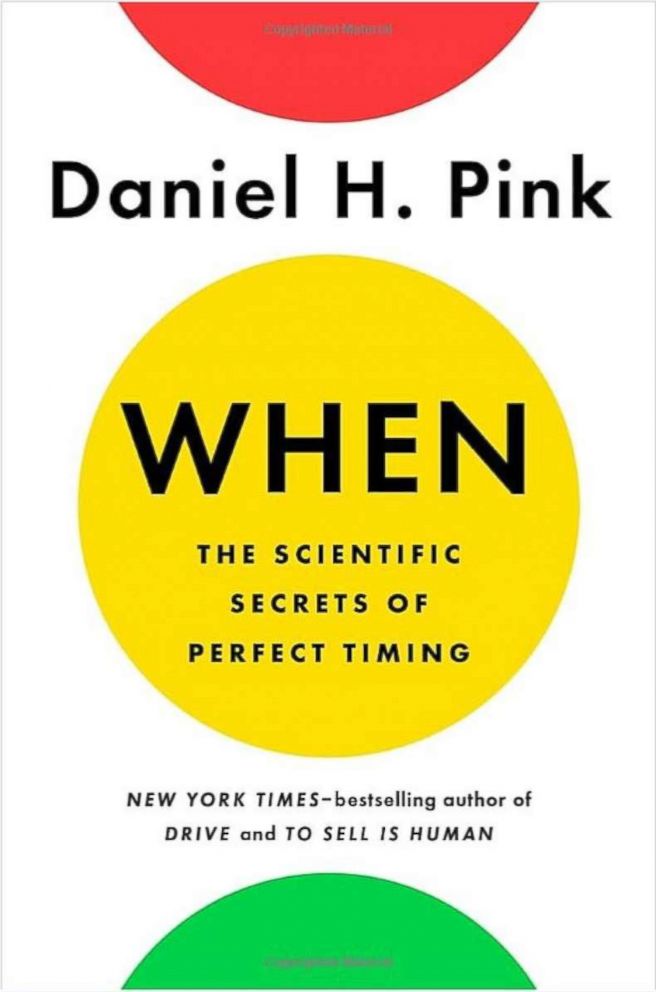The Keto Diet Explained
In the world of weight loss diets, one common name that seems to popup regularly in recent times is keto diet. Although it is new, it has created big ripples when you talk about losing excess body weight without harming your overall health. Most of you must have heard about it. However, very few of you probably know how to practice the keto diet properly. So, if you are a keto diet beginner, this guide will be a great starting point.
What Do You Mean By Ketogenic Diet?
In simple terms, a ketogenic diet is one which induces your body to start a process known as ketosis. In this process, your body switches its attention to the stored fats in your body for its primary source of energy, rather than burning carbohydrates for energy. In a keto diet, you need to consume a high amount of good and healthy fat, along with a good portion of protein and very low carbs. All these days your body used to turn carbohydrates into glucose, which was used for energy. However, this made all the fat that you consume get stored in your body and results in a weight gain. Switching to a keto diet will force your body to change its ways and use the stored fat for energy, which will ultimately help you shed excess body weight.
Keto Diet Includes Filling and Satiating Food
If you talk with a few people, who have tried a keto diet successfully in the past, you will come to know that restricting calories in such a diet is very simple. As discussed above, a keto diet includes a high level of fat and protein intake on a regular basis. Both of them are quite fulfilling and rather delicious. If you get rid of carbs and refined sugar from your daily diet, you will come to know that approximately 2000 calories worth of space remain in your stomach, which is quite a large area to fill. Most of the keto dieters find it difficult to consume enough food every day.
How to Ensure a Proper Keto Diet?
When it comes to a keto diet, it simply means a proper balance between all your macronutrients that you consume every day. According to experts, a proper and well-balanced keto diet will include around 60% of fat, 35% of protein and a mere 5% of carbs. It is highly recommended to consume not more than 50gms of carbs every day. When you begin your keto diet, it is advisable that you start off with a daily intake of 20gm of carbs. This level of strictness will allow your body to enter ketosis for sure. During the first couple of weeks it is very important that you keep a proper track of every liquid or morsel of food that enters your system. Once you develop an understanding of your daily diet chart, you can easily adjust your dietary habits to suit a low carb diet plan. It is good for you to know that during ketosis, your body will get rid of excess ketone bodies through sweat, breath, and urine. You can also check the ketone level in your urine to see whether your body is in ketosis or not.
,http://t2conline.com/the-keto-diet-explained/ http://weightless.site/2018/05/31/the-keto-diet-explained/
In the world of weight loss diets, one common name that seems to popup regularly in recent times is keto diet. Although it is new, it has created big ripples when you talk about losing excess body weight without harming your overall health. Most of you must have heard about it. However, very few of you probably know how to practice the keto diet properly. So, if you are a keto diet beginner, this guide will be a great starting point.
What Do You Mean By Ketogenic Diet?
In simple terms, a ketogenic diet is one which induces your body to start a process known as ketosis. In this process, your body switches its attention to the stored fats in your body for its primary source of energy, rather than burning carbohydrates for energy. In a keto diet, you need to consume a high amount of good and healthy fat, along with a good portion of protein and very low carbs. All these days your body used to turn carbohydrates into glucose, which was used for energy. However, this made all the fat that you consume get stored in your body and results in a weight gain. Switching to a keto diet will force your body to change its ways and use the stored fat for energy, which will ultimately help you shed excess body weight.
Keto Diet Includes Filling and Satiating Food
If you talk with a few people, who have tried a keto diet successfully in the past, you will come to know that restricting calories in such a diet is very simple. As discussed above, a keto diet includes a high level of fat and protein intake on a regular basis. Both of them are quite fulfilling and rather delicious. If you get rid of carbs and refined sugar from your daily diet, you will come to know that approximately 2000 calories worth of space remain in your stomach, which is quite a large area to fill. Most of the keto dieters find it difficult to consume enough food every day.
How to Ensure a Proper Keto Diet?
When it comes to a keto diet, it simply means a proper balance between all your macronutrients that you consume every day. According to experts, a proper and well-balanced keto diet will include around 60% of fat, 35% of protein and a mere 5% of carbs. It is highly recommended to consume not more than 50gms of carbs every day. When you begin your keto diet, it is advisable that you start off with a daily intake of 20gm of carbs. This level of strictness will allow your body to enter ketosis for sure. During the first couple of weeks it is very important that you keep a proper track of every liquid or morsel of food that enters your system. Once you develop an understanding of your daily diet chart, you can easily adjust your dietary habits to suit a low carb diet plan. It is good for you to know that during ketosis, your body will get rid of excess ketone bodies through sweat, breath, and urine. You can also check the ketone level in your urine to see whether your body is in ketosis or not.
,http://t2conline.com/the-keto-diet-explained/ http://weightless.site/2018/05/31/the-keto-diet-explained/














